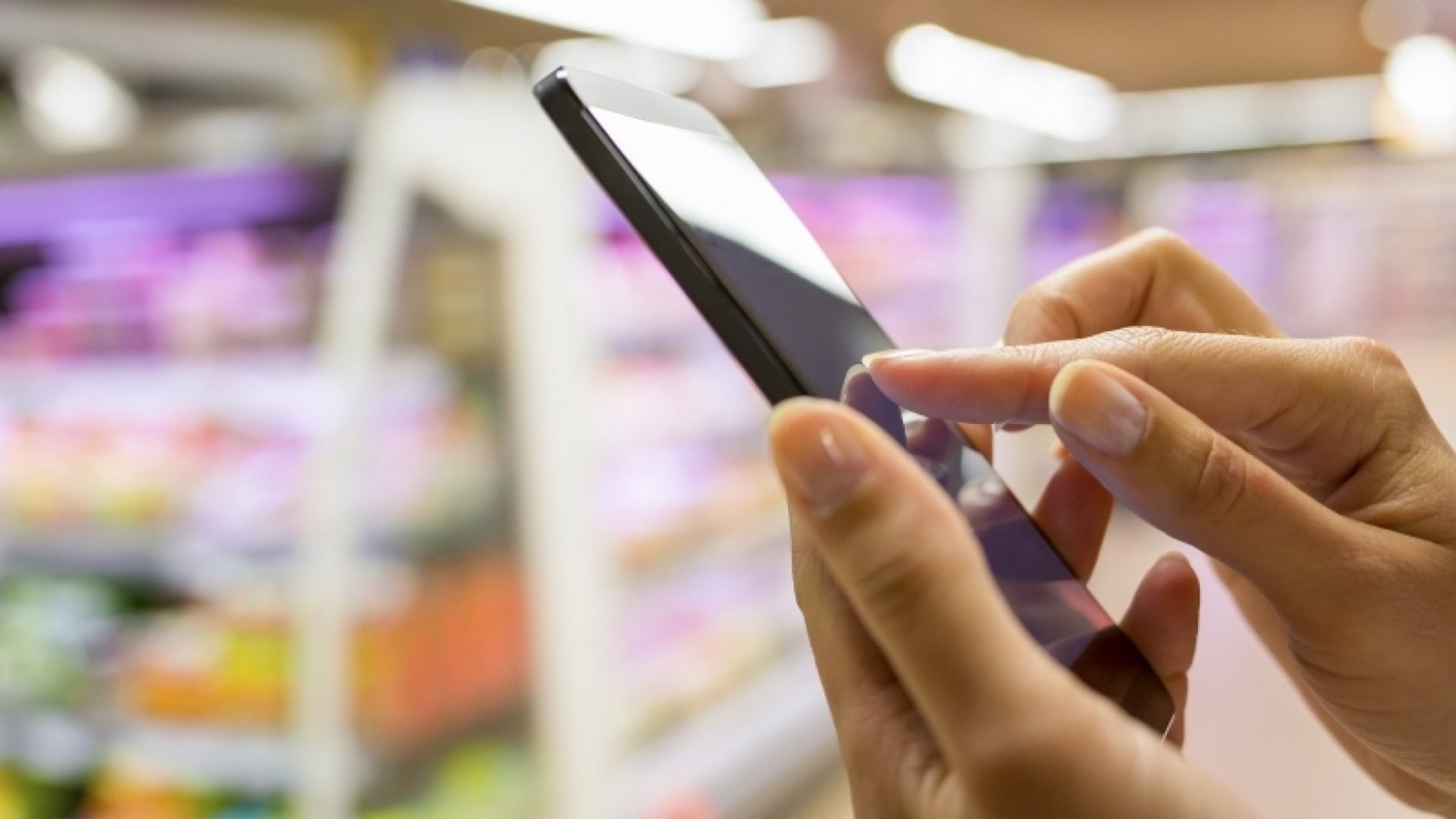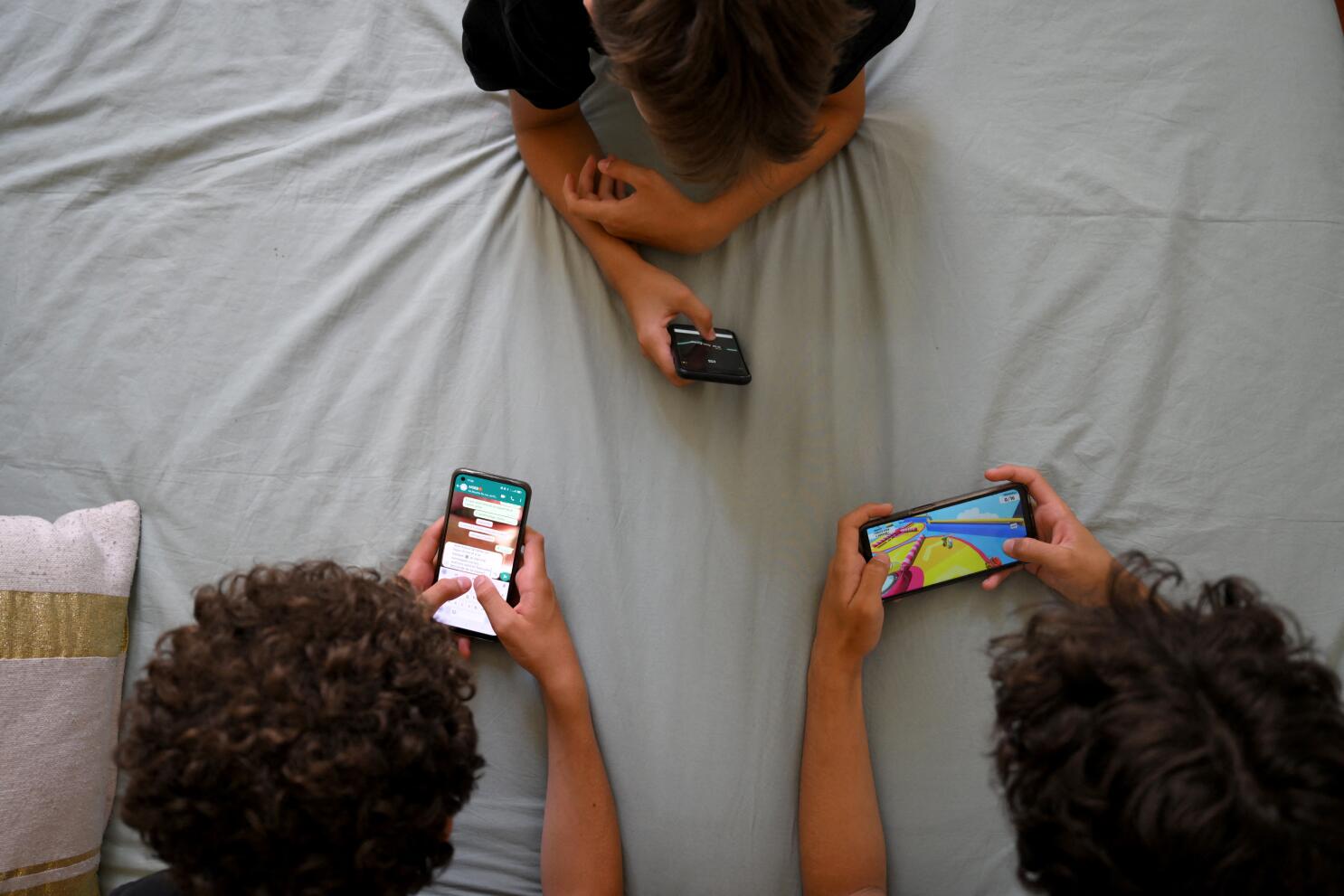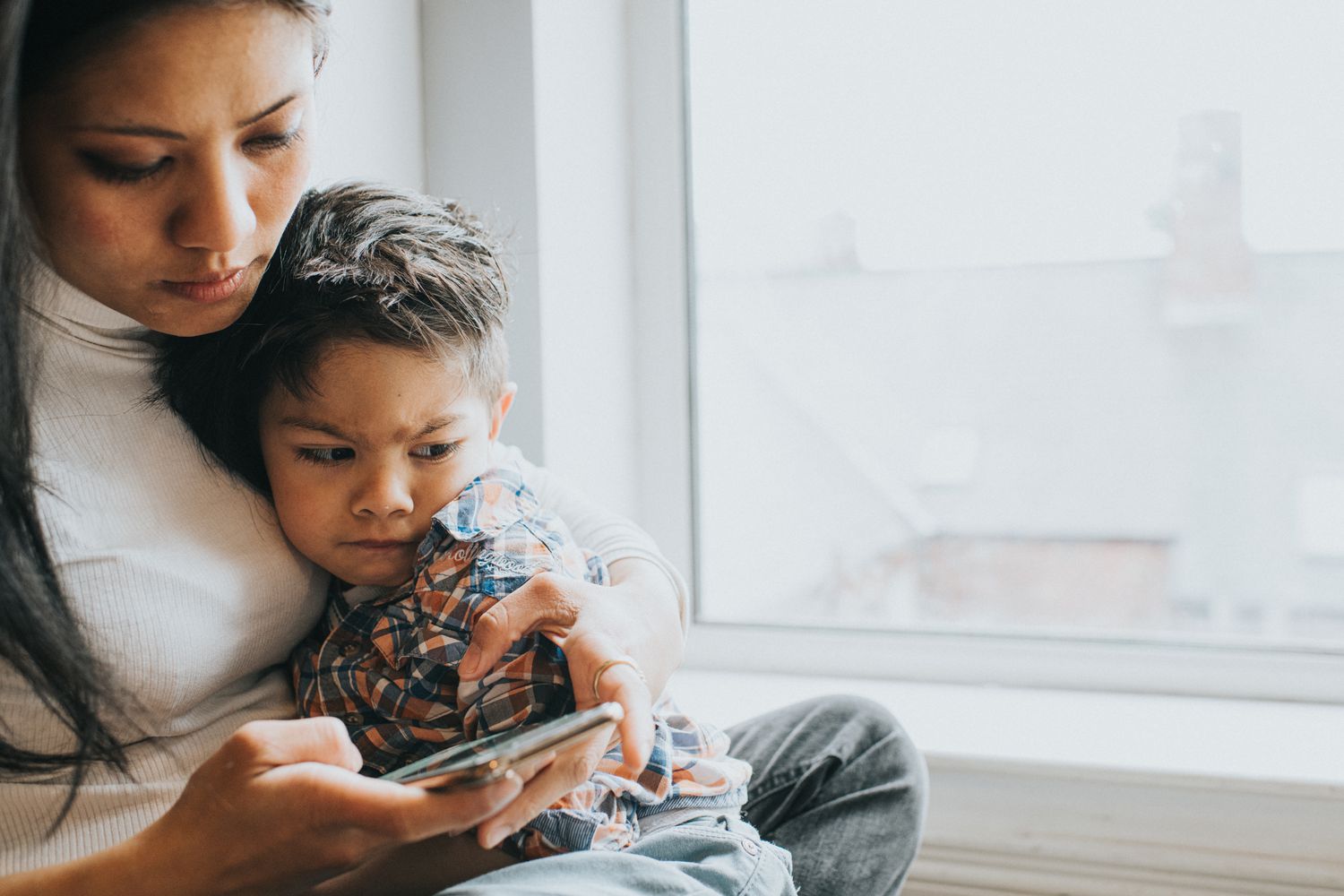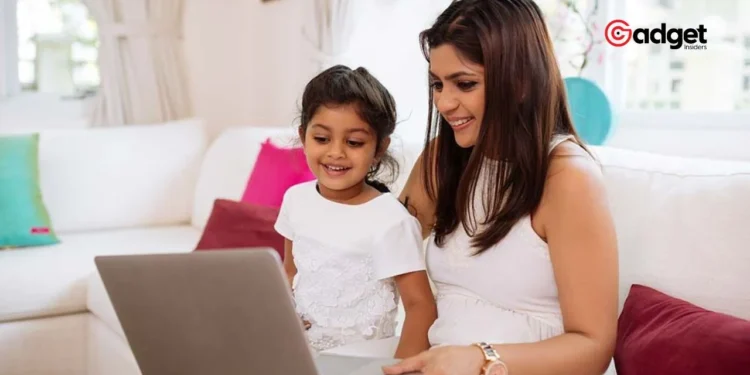In a society quick to judge and slow to understand, millennial parents often find themselves at the crossroads of criticism and necessity, especially when it comes to their smartphone usage.
The rise of social media platforms like TikTok has intensified this scrutiny, propelling discussions about whether being digitally connected makes them distracted parents.
Amidst this ongoing debate, a voice from the TikTok community, known as Paige, stands in defense of her fellow millennial parents, arguing that their reasons for frequent phone use are not only valid but often imperative.

TikTok: Working Moms Juggle Parenting at Taekwondo
Paige, a self-described “Working Mom of 4,” recently took to TikTok to share her insights, stemming from her own experiences and those she observes in her community. At a routine Taekwondo practice, she noted that about 75 percent of the parents were engaged with their devices. Rather than simple distraction, Paige points out that these parents are juggling demanding work commitments with their presence at their children’s activities.
“It’s not about not caring about what’s happening with our kids,” Paige explains. “Many of us are still on-call for work, answering emails, handling calls, or managing crises remotely.” This multitasking is a reality for many, as work demands often extend beyond the typical nine-to-five boundaries, encroaching on family time which is frequently scheduled during the same hours.

The Necessity of Smartphones in Modern Parenting
Smartphones have revolutionized how we stay connected, not just socially but professionally. The global increase in screen time is indicative of this change, with various countries grappling with the implications of this digital shift. In 2023, the USA was ranked 20th in phone addiction, yet this statistic only scratches the surface of the underlying reasons for such extensive phone use.
Apps and smartphones are integral tools for managing the complexities of modern life. From scheduling appointments to handling urgent work tasks, these devices enable parents to maintain their responsibilities without sacrificing their presence at important moments. Paige highlights the essential role of smartphones in this balancing act: “As parents, we need to be conscious of how and when we use our phones. Still, the critique often misses the bigger picture where we are working while at basketball, ordering groceries at dance practice, and more.”
Don’t get him wrong, as a millennial, he perfectly knew how to use his smartphone and his computer; he had an Instagram and a Twitter which he also knew how to use, and he would occasionally help his parents whenever they were confronted with some technology-related problem.
— Mad 🐋 – writing again?? (@bergenisms) December 10, 2020
TikTok Perspective: Navigating Parenthood in the Digital Age
Paige’s message is clear—millennial parents like her are not using their phones at kids’ events out of disregard but out of necessity. The digital era has blurred the lines between work and home, making traditional boundaries obsolete.
Being physically present yet engaged elsewhere is a tightrope that many parents walk daily, often out of necessity rather than choice.TikTok has become a platform where Paige and others share their experiences and insights, shedding light on this modern parenting dilemma.
The ongoing debate about parents on phones is likely to persist as technology further integrates into daily life. However, understanding the context in which these devices are used can lead to a more nuanced view of modern parenthood.
It’s not about being glued to screens but about utilizing the tools available to manage the demanding roles that today’s parents play. The hope is that as society evolves, so too will the understanding of what it means to be a parent in the digital age.

In conclusion, while the optics of phone use at children’s events might suggest negligence, the reality is often far more complex. Millennial parents are navigating an unprecedented landscape where they must be all things at once—caregivers, professionals, and always available. Paige’s defense sheds light on this modern dilemma, urging for a shift from judgment to empathy in our digitally-driven world.










